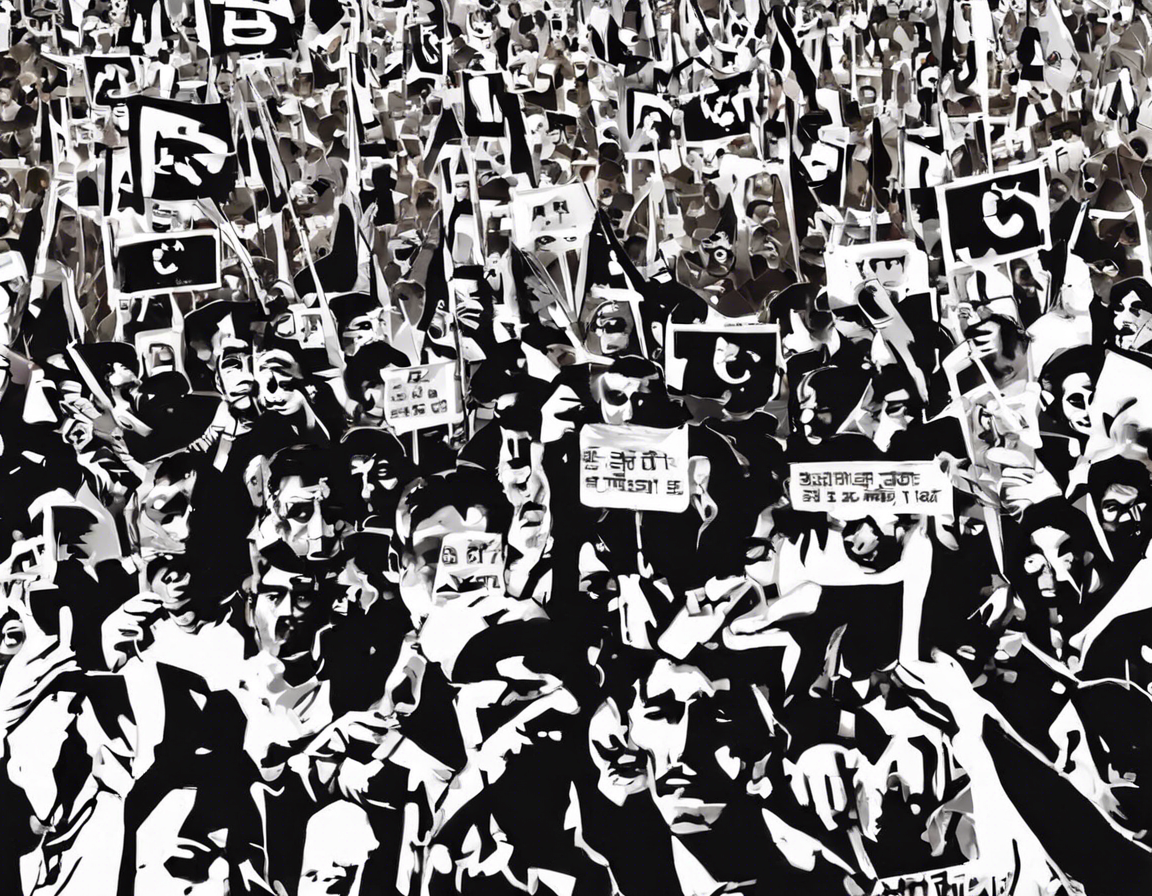Why 14 Feb is Black Day in History: Explained

February 14th, known as Valentine’s Day, is a celebration of love and affection around the world. However, in certain parts of the world, this date holds a darker significance and is termed as “Black Day,” symbolizing tragic events. Let’s delve into the historical events that have led to the association of February 14th with sorrow rather than joy.
The Saint Valentine’s Day Massacre
The most prominent reason for the designation of February 14th as a Black Day in history is the Saint Valentine’s Day Massacre that occurred in 1929 in Chicago. This brutal event saw the murder of seven members of George “Bugs” Moran’s North Side Gang during the Prohibition era. Al Capone’s South Side Italian gang orchestrated the massacre, leading to widespread shock and condemnation.
The Fall of Kabul
Another significant event on February 14th was the Fall of Kabul in 1989. Soviet troops strategically withdrew from Afghanistan after a decade-long conflict, marking a symbolic defeat for the Soviet Union in the Cold War. The city of Kabul fell to mujahideen forces, highlighting the end of a tumultuous period for Afghanistan and the region.
Queensland Floods in Australia
February 14th is also remembered for the devastating Queensland floods that hit Australia in 2011. The floods, considered one of the most catastrophic natural disasters in the country’s history, caused widespread destruction, displacement, and loss of life. The aftermath of the floods led to extensive recovery efforts and a renewed focus on disaster preparedness.
Assassination of Rafic Hariri
In 2005, February 14th marked the assassination of former Lebanese Prime Minister Rafic Hariri in Beirut. This tragic event shook the nation and the international community, leading to political upheaval and calls for justice. Hariri’s assassination remains a significant point in Lebanon’s modern history, with ongoing investigations and tribunals seeking to bring those responsible to account.
Conclusion
While February 14th is celebrated as Valentine’s Day by many, these historical events serve as poignant reminders of the darker moments that have occurred on this date. The designation of Black Day on February 14th serves to honor the memory of those affected by tragedy and to reflect on the lessons learned from these impactful events in history.
FAQs (Frequently Asked Questions)
Q: Why is February 14th called Black Day in history?
A: February 14th is termed as Black Day due to significant tragic events that have taken place on this date throughout history, including the Saint Valentine’s Day Massacre and the Fall of Kabul.
Q: What was the Saint Valentine’s Day Massacre?
A: The Saint Valentine’s Day Massacre was a violent event in 1929 where seven members of George “Bugs” Moran’s North Side Gang were killed in Chicago by Al Capone’s South Side Italian gang during the Prohibition era.
Q: How did the Fall of Kabul affect Afghanistan?
A: The Fall of Kabul in 1989 marked the withdrawal of Soviet troops from Afghanistan, symbolizing a strategic defeat for the Soviet Union in the Cold War and highlighting the end of a tumultuous period for Afghanistan.
Q: What were the Queensland floods in Australia in 2011?
A: The Queensland floods in 2011 were catastrophic natural disasters that caused extensive destruction, displacement, and loss of life in Australia, leading to significant recovery efforts and a focus on disaster preparedness.
Q: Who was Rafic Hariri, and why is his assassination significant?
A: Rafic Hariri was a former Lebanese Prime Minister assassinated in Beirut on February 14, 2005. His assassination led to political upheaval and ongoing investigations seeking justice for the tragic event.
